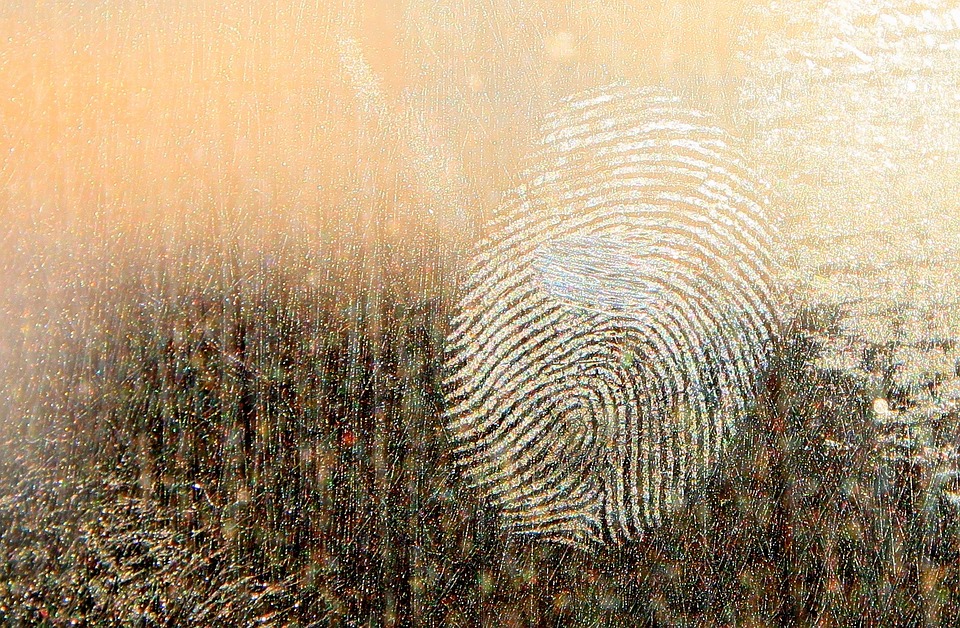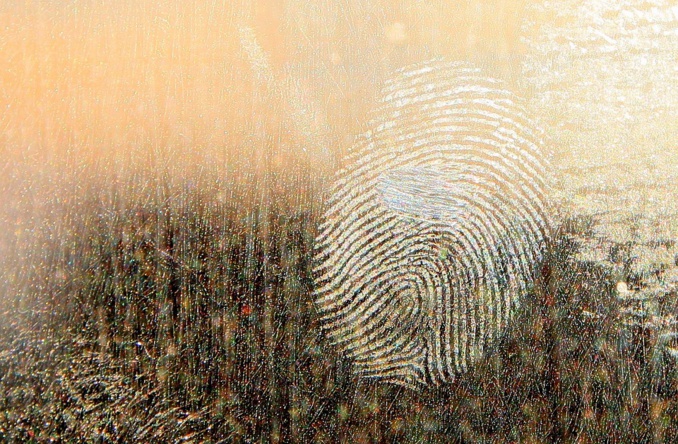The study was prepared by scientists from the University of New York and Michigan, as well as the School of Engineering at New York University. The ability to create fake fingerprints using a neural network is associated with two factors.
First, most biometric systems do not read the entire fingerprint, but only its part attached to the scanner. If the fingerprint as a whole is unique, then the parts of the prints can largely coincide. In this regard, an artificial fingerprint containing several lines will correspond to different parts of several real fingerprints at once. In addition, the system does not compare the received partial fingerprint with the full fingerprint in the database, but only evaluates it for matching with the same partial fingerprints.
Secondly, some combinations of lines in prints are more common than others. Artificial intelligence is learning to highlight just such options.
The combination of these two factors allows the AI to create fake fingerprints that will be similar to a fairly large number of real prints, and then select the appropriate one. The researchers themselves compare this method with the so-called “dictionary attack” - a hacker attack, in which the system is hacked by going through different possible passwords. Only in this case, the system does not go through passwords, but fingerprint options.
Scientists believe that their research should help improve biometric systems. According to them, “the underlying method is likely to be widely used in the field of security systems based on fingerprints, as well as fingerprint synthesis.” “Without verifying that biometrics is connected to a real person, many of these attacks become possible,” said one of the authors of the project.
In 2017, 51% of smartphones produced were equipped with a fingerprint scanner, according to Counterpoint Research. This year this share should grow to 71%. At the same time, fingerprints can not only unlock the phone, but also get access to personal data in various services.
This is not the first evidence that artificial intelligence can be used for criminal purposes. In February, several dozen cyber security experts published a report on illegal use of artificial intelligence. The report dealt with several variants of similar use of AI, including hacker attacks, massive hacks of UAVs, unmanned vehicles and other automated systems, the use of AI in propaganda. Among other things, the report refers to the use of human vulnerability, for example, the use of speech synthesis. Fake fingerprints can also be attributed to this group.
First, most biometric systems do not read the entire fingerprint, but only its part attached to the scanner. If the fingerprint as a whole is unique, then the parts of the prints can largely coincide. In this regard, an artificial fingerprint containing several lines will correspond to different parts of several real fingerprints at once. In addition, the system does not compare the received partial fingerprint with the full fingerprint in the database, but only evaluates it for matching with the same partial fingerprints.
Secondly, some combinations of lines in prints are more common than others. Artificial intelligence is learning to highlight just such options.
The combination of these two factors allows the AI to create fake fingerprints that will be similar to a fairly large number of real prints, and then select the appropriate one. The researchers themselves compare this method with the so-called “dictionary attack” - a hacker attack, in which the system is hacked by going through different possible passwords. Only in this case, the system does not go through passwords, but fingerprint options.
Scientists believe that their research should help improve biometric systems. According to them, “the underlying method is likely to be widely used in the field of security systems based on fingerprints, as well as fingerprint synthesis.” “Without verifying that biometrics is connected to a real person, many of these attacks become possible,” said one of the authors of the project.
In 2017, 51% of smartphones produced were equipped with a fingerprint scanner, according to Counterpoint Research. This year this share should grow to 71%. At the same time, fingerprints can not only unlock the phone, but also get access to personal data in various services.
This is not the first evidence that artificial intelligence can be used for criminal purposes. In February, several dozen cyber security experts published a report on illegal use of artificial intelligence. The report dealt with several variants of similar use of AI, including hacker attacks, massive hacks of UAVs, unmanned vehicles and other automated systems, the use of AI in propaganda. Among other things, the report refers to the use of human vulnerability, for example, the use of speech synthesis. Fake fingerprints can also be attributed to this group.



















